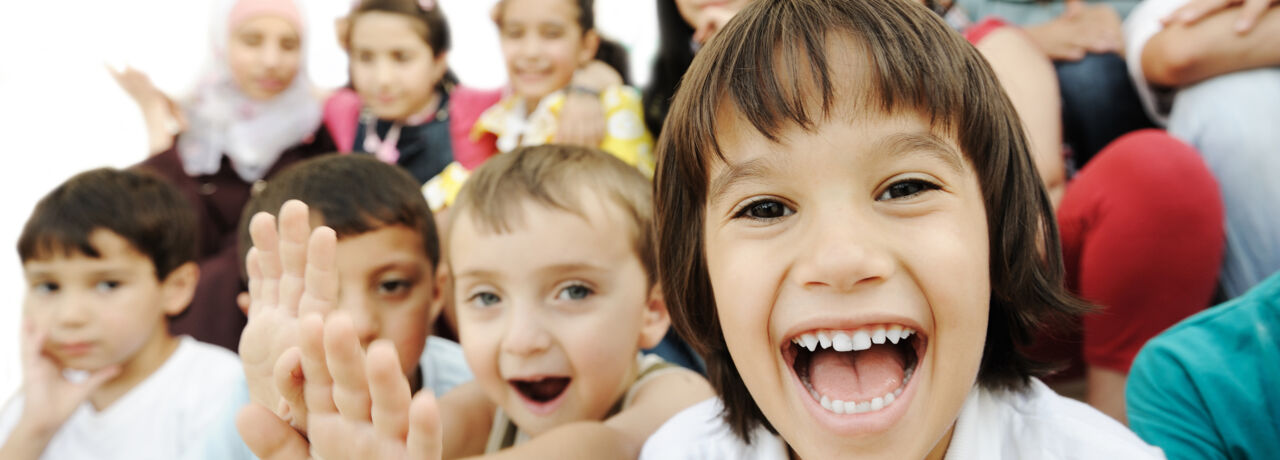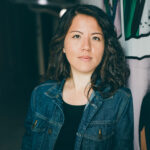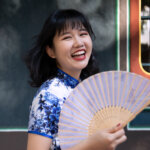April 12, 2021
The Master in Child Studies - Part 4
Hey, reader!
This post continue the series about the courses in the Child Studies Master program.
The purpose of this series is because Child Studies is a field that covers a very diverse set of disciplines, and many people interested in these disciplines may be unsure whether the program at LiU is the most suitable for them.
I hope knowing more about the topics you will actually study can help you in making your decision about pursuing a Master´s Degree from this program. Today I will talk about another two courses in the program, and make sure not to miss Parts 1, 2, and 3 of the series.
Children, Parenthood and Family Life
In this course, we look at how the concept of family is thought in different societies, and discuss practices of motherhood, fatherhood and parenthood.
Nowadays the expert’s word is a common and powerful influence on how people prepare to be parents and how they “do parenthood”. We discuss family policies in the Swedish context for both mothers and fathers and learn from studies that examined children’s perspectives of being brought up in different family constellations, such as children of LGBTQI parents or children from divorced parents, phenomena that has helped broaden the understanding of what constitutes a family.
To get a glimpse of topics that are discussed in the course, check this article about a book edited by two professors in Child Studies: https://liu.se/en/article/ny-bok-skarskadar-foraldraskapet.
Children, school and education
In this course, the aim is to look on the role that schooling plays in socializing children and shaping citizens who abide to social norms, a project that has changed throughout the centuries. An interesting part of it is the exchange between students in discussions about the educational systems in our home countries, as we also compare curricula and examine the differences between them.
In summary, the course provides a historical, philosophical and cross-cultural perspective of educational practices and policies, while also looking into current studies about children’s social relations in peer groups. As school is a big part of how childhood is thought in our society, several of the students in the program work in education (me included) and many wish to do research within the school context, which makes this course very productive.
This is it for now, and I hope the information is useful!
See you soon!




